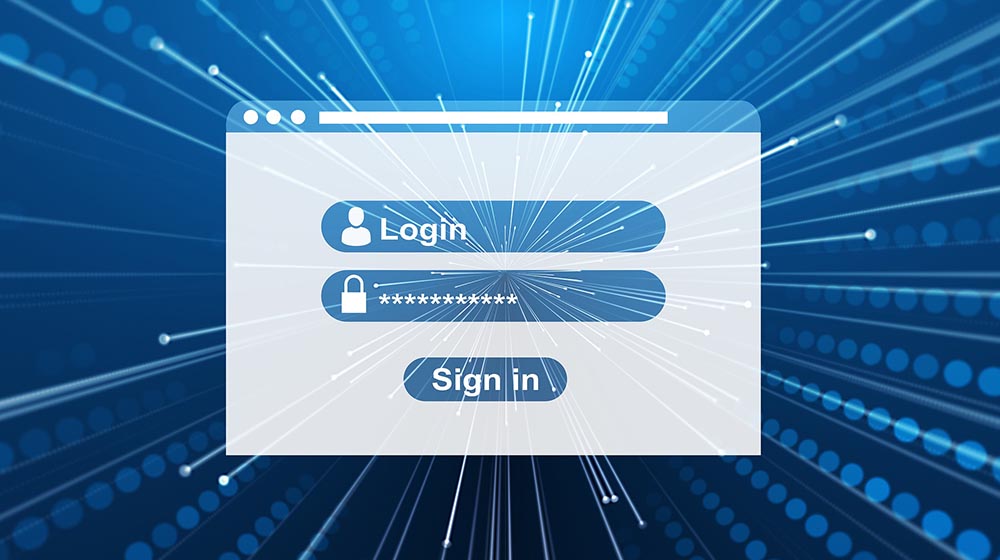How often should you change your passwords? If you are like most people, remembering unique passwords for every application, and then changing them regularly, is no simple task. And yet when it comes to protecting your identity, your finances and your personal information, you can never be too safe. The same is true for businesses. Cybercrime is a big enterprise that affects every person, business and government globally.
Password Protected
Take an inventory of all the websites and apps you use that store your valuable, personal information. This includes social media and shopping sites, banking and finance, healthcare portals, email systems, utility companies and more. It’s probably a pretty long list. Then think about what would happen if a hacker had access. There’s your motivation to change your passwords regularly.
Here are a few tips, along with some humorous reminders from our IT specialist, Allen Reed:
- Change your passwords regularly, ideally every 90 days or so. Put a reminder on your calendar and block off time, perhaps on the first day of each new season. Allen says, “Passwords are like smelly socks, they ought to be changed often!”
- Keep a list of all your password-protected accounts, so you can remember to change them. If you have password-protected sites or apps you no longer use, close them out. Allen notes, “Passwords are like precious gems, keep them secure in a safe place.”
- Change old passwords to long, strong ones. Many sites will now generate these for you, or you can use a password manager that generates random, complex passwords for all your accounts and stores them securely. Allen says, “Passwords are like vacations, the longer they are the better!”
- If you still want to use passwords of your own creation, don’t choose anything that’s easy to guess, like your dog’s name or your anniversary date, or anything generic like “password” or “123456.”
- Avoid using the same password for all your accounts. If you do, a hacker only needs to crack one to have access to all. Allen adds, “Passwords are like a single-ply tissue, they shouldn’t be shared or reused!”
- Turn on two-factor authentication (2FA). This requires two different factors to log in. One factor is typically just a username and password, and the second may be a fingerprint, security question or a verification code that is sent to the owner’s phone, email or authentication app to confirm the user’s identify before granting access.
We Can Help
Allen says he understands that people cringe at the thought of another password. “Most of us have too many to manage safely,” he said. He recommends using a personal password manager that will generate difficult passwords but allow you to use them easily and securely. He offers these unbiased recommendations by manufacturer that cost around $36 a year:
- 1Password
- Kaspersky
- NordPass
- Keeper
Cybersecurity is everyone’s responsibility, and it starts with you. Know that at Freedom Credit Union, we will never send an email or leave voicemail messages on your mobile or home telephone requesting that you reply to an email or call to update or verify financial account information.
If you have concerns about the security of your accounts or think you have been hacked, contact us at 413-739-6961 or toll free at 800-821-0160. We also provide up-to-date fraud alerts, scam notices and cybersecurity tips, so be sure to check our Security Center regularly.

